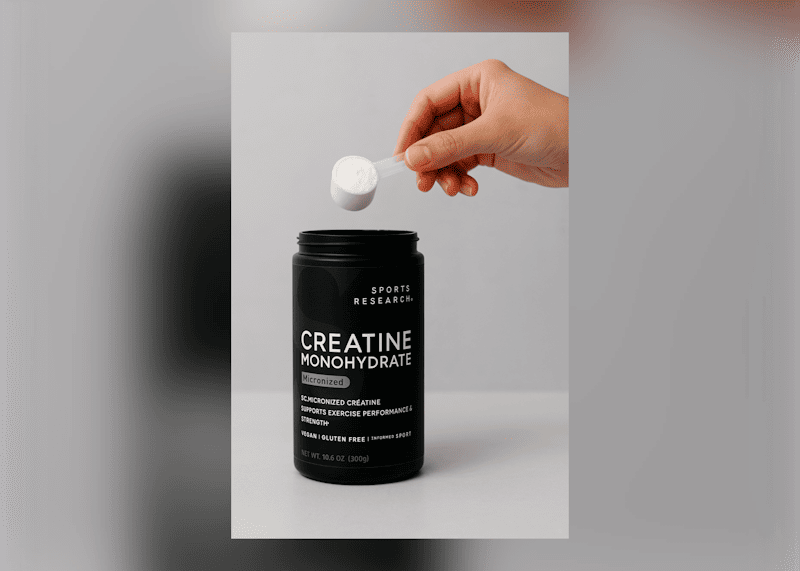 Let’s clear something up real quick: creatine isn’t just for bodybuilders or guys grunting in the squat rack. It’s one of the most researched, most effective, and safest supplements out there — and it can be a game-changer for women, especially in our 30s, 40s, and beyond.
Let’s clear something up real quick: creatine isn’t just for bodybuilders or guys grunting in the squat rack. It’s one of the most researched, most effective, and safest supplements out there — and it can be a game-changer for women, especially in our 30s, 40s, and beyond.
If you’re working on building strength, preserving lean muscle, or recovering faster between workouts (hello sore legs), creatine is worth your attention.
⸻
⚡️ What Creatine Can Do for You:
• Boost strength and workout performance
• Help preserve lean muscle as we age (muscle loss accelerates after 30 — and even more post-40)
• Support better recovery and reduced soreness
• Enhance brain health and cognitive function (yes, it’s backed by science)
• Hydrate your muscle cells for better energy, endurance, and performance
⸻
Let’s bust the biggest myth real quick.
MYTH: Creatine will make you gain weight or look bloated.
TRUTH: Creatine helps your muscles store more water inside the cell — not under your skin. This improves function and performance.
Will the scale go up a pound or two? Maybe. But it’s good weight — it means your muscles are well-fueled and functioning. Not fat. Not bloat. Not a reason to panic.
⸻
REAL TALK:
I avoided creatine for way too long because I didn’t “want to get big.” Spoiler alert: you don’t just wake up bulky. What I did get?
Stronger. More toned. More confident.
My lifts improved. My endurance lasted longer. And the number of times I needed to lay on the floor post-leg day? Down. 🙌
⸻
🧠 Bonus: Some studies even show that creatine can help support mood, cognition, and memory — especially helpful for women in perimenopause and menopause when estrogen drops can affect mental clarity and motivation.
⸻
💡 How to Use It:
Just 5g of creatine monohydrate daily — that’s it.
No loading. No cycling. No fancy blends. Just pure creatine.
Mix it into water, your greens, or your protein shake. It’s flavorless and mixes best with warm or room temp liquids.
⸻
🔥 This is the creatine that I use…
➡️ Sports Research Creatine Monohydrate
• 5g per scoop
• Vegan, gluten-free, Informed Sport certified
• Mixes easily, no weird taste
👉 Grab it here (ad)
⸻
Bottom line: If you’re lifting, walking, or just wanting to feel stronger and protect your muscle as you age, creatine can absolutely be a part of your routine.
👇 SOUND OFF:
Are you using creatine? Thinking about it?
Have questions? Drop them below — I’m happy to share what’s worked for me!

